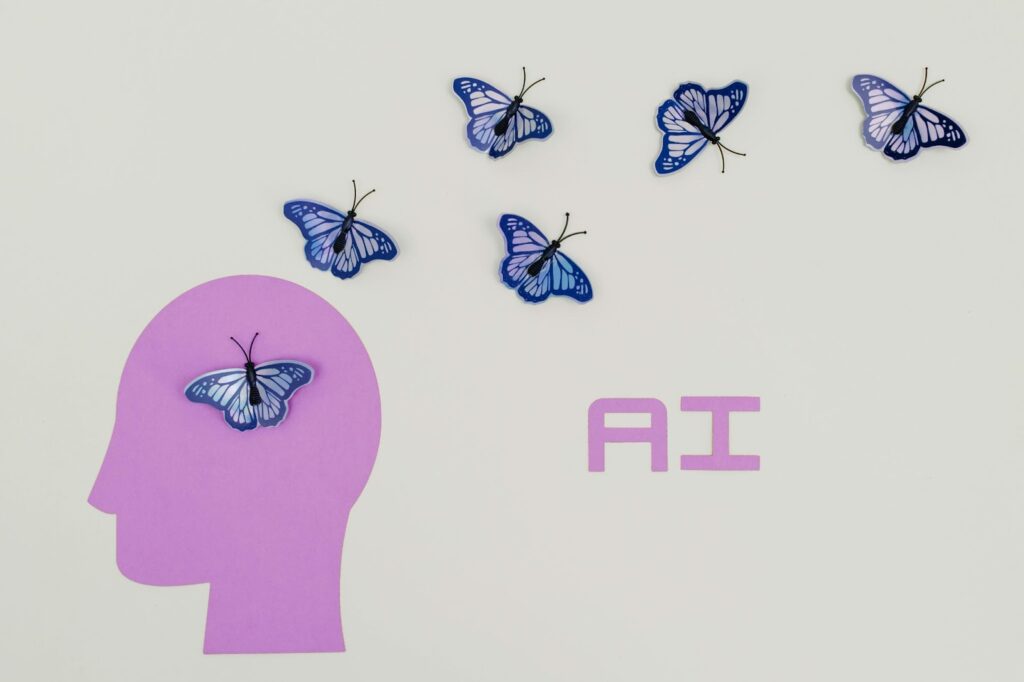Justice in the Making- AI and the Future of Law
One of the hottest topics in media today is the rise of artificial intelligence and, more recently, the invention and prevalence of deepfake technology. I had never heard of this until recently, but I have become more aware of its presence and real examples of its existence. I have seen many people across social media discussing the positives and negatives of this technology.
Deepfakes use AI to create hyper-realistic videos or audio recordings of people saying or doing things they never actually did. I am a big fan of reality TV, specifically the Bravo world created by Andy Cohen. One of my favorite shows is Southern Charm, and one of the leads of the show recently took to social media to discuss his experience with deep fakes. He talked about a woman who had been catfished by a realistic AI deepfake of him that used image and even audio replication of his voice. This was frightening for both parties involved. The concept that people can use your name and likeness without permission to create real actions and publicize them is alarming
This situation has led me to consider the implications of AI and deep fakes in the criminal justice system. While this technology can also be utilized for entertainment or art, its repercussions for justice appear concerning. In a courtroom, where reliable evidence is crucial and truth is essential, deep fakes threaten the integrity of evidence. A convincingly fabricated video could falsely implicate an innocent person, which, as we know, has occurred many times before. It doesn’t seem far-fetched to me that this technology could be misused to frame the innocent or to escalate the perceived severity of a crime. Law enforcement, lawyers, judges, and juries now confront the challenge of identifying deep fakes while ensuring that all evidence is considered despite concerns over manipulation.
Despite the negative implications of this technology, I do believe that AI can be used for good within the criminal justice system. New detection tools are emerging that analyze inconsistencies in lighting, facial movements, or audio to identify deepfakes. This provides some hope for a positive use of AI in the criminal justice system to better identify falsified evidence, but all of this technology has a long way to go before it is perfect or universally implemented.
All of this makes me think about the importance of implementing AI education in law schools. As a soon-to-be law student, I can’t help but consider how these crucial changes will be discussed in my law courses. AI and other emerging technologies will revolutionize not just criminal justice but all areas of law. I am eager to see how this will be addressed in the future, and I hope it is done in a way that prepares my generation of lawyers and advocates to tackle these new and significant developments.
My name is Sophie Pilkington and I am from a small town in Western North Carolina where I grew up on big blue mountains, with my very big family. I now attend The University of North Carolina at Chapel Hill and will be graduating with my bachelor’s in May of this year! I will be graduating with a double major in Political Science and History and a minor in Women and Gender Studies, and I hope to attend law school in the Fall of 2025. I am currently waiting for final decisions on my law school applications and taking a breather before I embark on this journey! I love dogs, horses, reading, hiking, and all things History related! I even just came back from a semester abroad in Florence, Italy. Thank you for taking the time to read my blog and get to know me!
Sophie Pilkington
